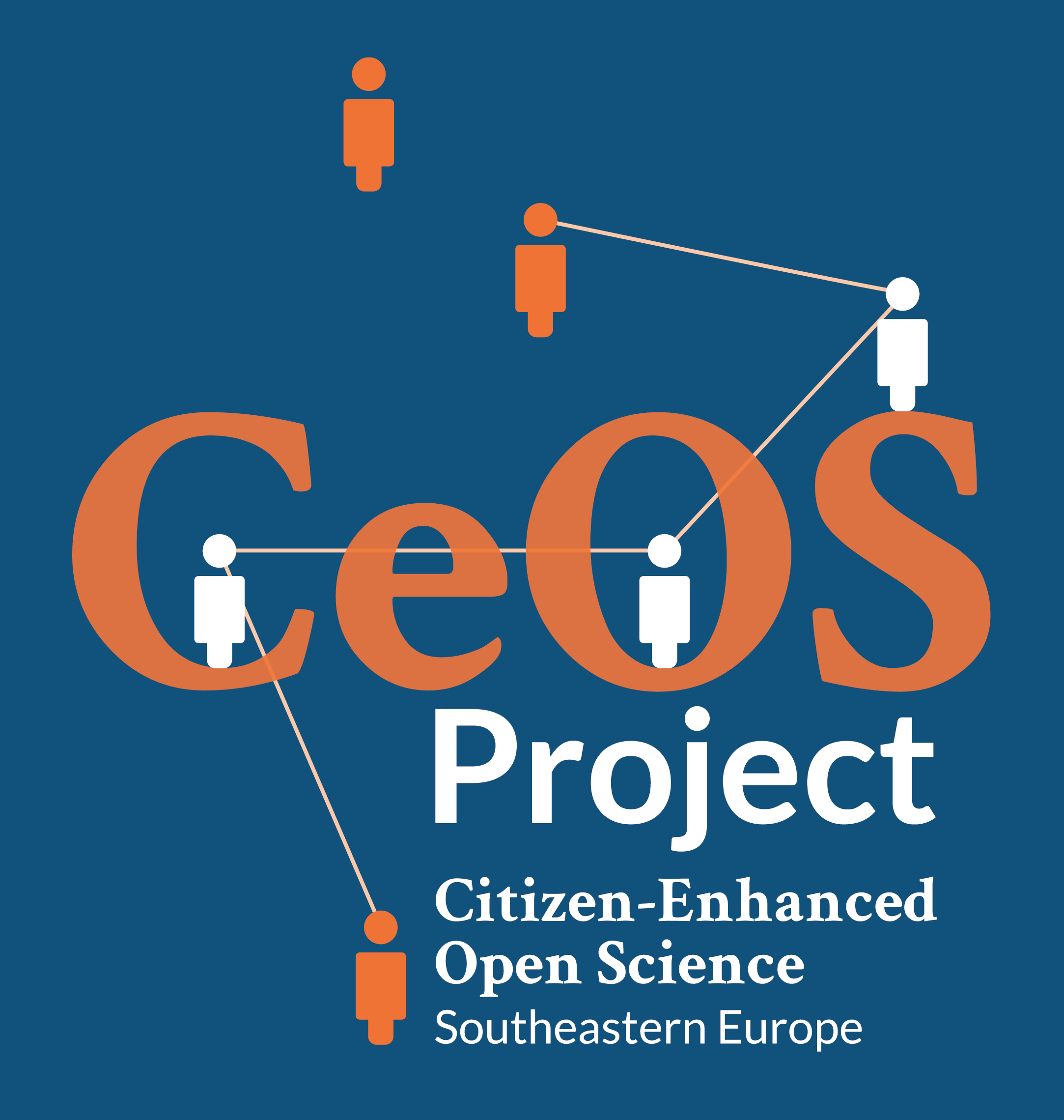Libraries hold hidden treasures within their collections, often unbeknownst to the general public. They contain various types of materials that can serve as a basis for scientific research. Scientific studies can even be conducted on audio recordings, and the National and University Library in Zagreb has offered its audio recordings for a new citizen science activity. “Musical Intelligence in the Service of National Heritage” is an event organised in collaboration with the User Service Department and the NSK Music Collection.
The context of activity
“Musical Intelligence in the Service of National Heritage” was organised as part of the Festival of Science, a national event aimed at popularising science, with this year’s theme being Intelligence. The festival lasted a week, from 22 to 28 April, 2024 and it is worth mentioning that it took place during Citizen Science Month. The event was attended by 68 pupils from primary and secondary music schools in Zagreb, Zaprešić, and Sesvete. The goal was to analyse audio recordings from the legacy of Croatian composer Silvio Foretić. The pupils listened to the audio recordings prepared by colleagues from the NSK Music Collection, analysing various elements such as types of instruments, non-musical sounds, voices, languages, and so on.
Role of librarians
The activity was led by Tatjana Mihalić, head of the NSK Music Collection, who is a librarian advisor and musicologist, and who combined information science with musicology. Together with musicologist Klara Kosić, she selected the audio recordings stored in folders on Google Drive.
At the beginning of the activity, Dolores Mumelaš explained the concept of citizen science to the participants, and Tatjana Mihalić spoke about the life and work of composer Silvio Foretić. The pupils were given instructions for a brief exercise using Slides and enabling interaction between the presenters and the citizen scientists.
The pupils had 20 minutes to listen to the audio recordings, with each pupil working on their own computer and wearing headphones, while the librarians provided technical support. At the end of the activity, the pupils completed evaluation questionnaires, and each pupil received a small token of appreciation along with thank-you notes made by NSK.
Further research
This activity represents a step towards preserving and promoting national musical heritage while simultaneously fostering the development of musical intelligence among secondary music school pupils. The collected data will be analysed and processed, with plans for publication in a scientific journal.
Author: Dolores Mumelaš, National and University Library, Zagreb











